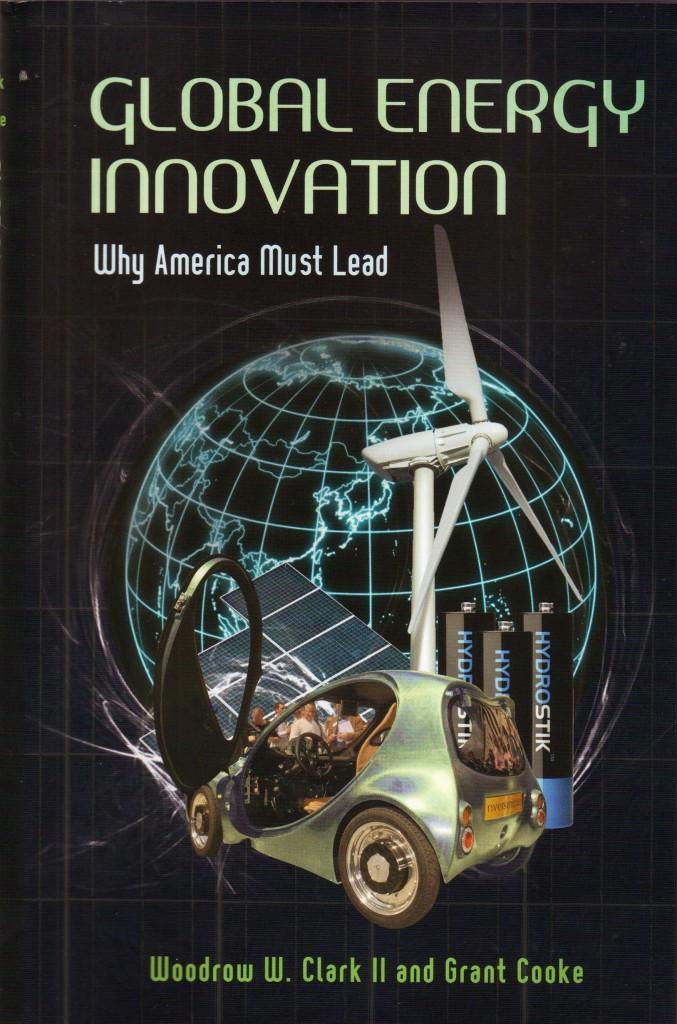After serving at Diablo Valley College for 26 years, a previous public relations director is now pleading with Americans through his newest book to change their way of life for a better future.
Grant Cooke, who served as director from 1979-2005, recently co-authored “Global Energy Innovation: Why America Must Lead” with Woodrow Clark II.
His book urges Americans to transition from being a carbon reliant economy to a carbonless one.
“Since 9/11, America has been in a mild depressive state,” Cooke said. “We have questioned our ability to lead the world. The book calls for Americans to start to renovate and shake themselves of the angst that has come over our nation.”
Cooke writes about how we’ve developed an economy that is carbon intensive.
“Americans use excessive amounts [of carbon] to enjoy a care-free lifestyle,” Cooke said. “We’ve developed economies that are carbon intensive. We need to find alternatives to this. Eventually we will run out of carbon based energy completely or self-pollute our world so no one can live in it.”
The book said that in Europe and Asia, sustainable communities, smart green grids and emerging environmentally sound technologies are becoming common.
“America is lagging behind,” Cooke said. “Lately we have been failing to come up with innovative ideas. The second half of the 20th century was ours. The 21st century is all about China. They are now the innovate leaders.”
Cooke said that other countries have acknowledges the need for alternative resources, and urges Americans to take action too.
“Europeans and Asians understand the problem,” Cooke said. “They are much more advanced. We lack a national will. We are lagging behind. This book is really just a call for action.”
Politics is a topic Cooke was always interested in.
He was trained in political science at UC Berkeley. Eventually, he found himself at DVC, where he would remain for more than 20 years.
“I’ve always wanted to write a book,” Cooke said. “This happened to be a topic I have knowledge about. I had a long and satisfying career at DVC, but I was ready to do something different.”
After leaving DVC, he decided to use his marketing and public relations skill to become successful in the energy efficiency industry.
“I had a knack for designing programs and good communcation skills that made me successful,” Cooke said.
He has written state wide programs for college energy efficiency in Southern California, luxury hotels, and for a preschool.
“The one I wrote for the preschool was my favorite,” Cooke said. “That certain area tends to be ignored. It’s the program I’m most proud of.”
After meeting Clark, the two began to write the book together. The two met while working on a project together for sustainable communities.
Now that the two completed the first book, Clark said that there will definitely be a second.
“The first book states the problem,” Clark said. “The second will be about giving more solutions to the problem. The problem is simply that the planet is too hot, has too many people and does not have enough resources. Things have to change. There just isn’t a leadership to do it.”
Regardless of where one stands on the issue, readers will find themselves more knowledgeable about this specific topic. Cooke and Clarke both clearly state the problem and possible solutions to help prevent what they see as an unpleasant future.





































































